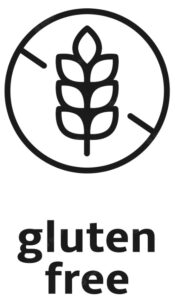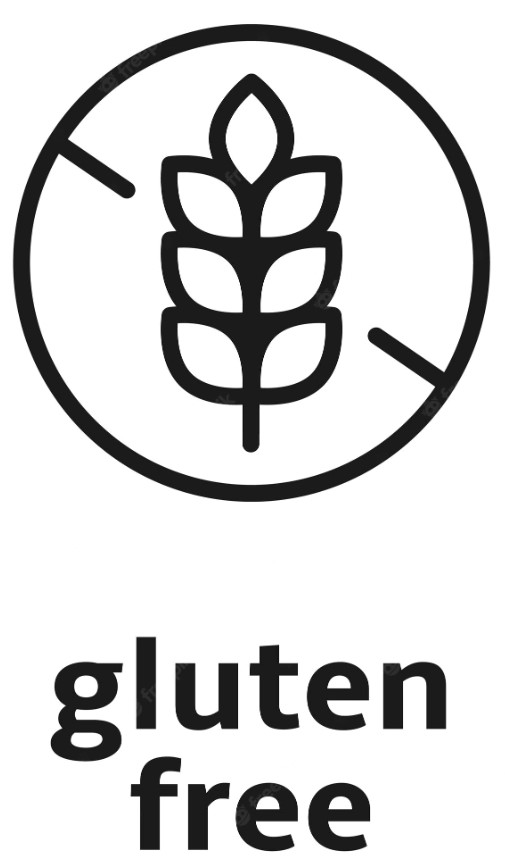Gluten-free diets have become increasingly popular in recent years, with many people claiming that avoiding gluten helps them feel better and lose weight. But is it really the right diet for everyone? In this article, we will explore the pros and cons of a gluten-free diet and how it can affect your health. We will look at the science behind it, the potential health benefits, and the potential drawbacks. We will also provide helpful tips on how to determine if a gluten-free diet is right for you. After reading this article, you will be able to make an informed decision on whether or not this type of diet is right for you.

Exploring the Pros and Cons of a Gluten-Free Diet: Is It Right for You?
Gluten-free diets have become increasingly popular in recent years, with many people claiming that avoiding gluten helps them feel better and lose weight. But is it really the right diet for everyone? In this article, we will explore the pros and cons of a gluten-free diet and how it can affect your health. We will look at the science behind it, the potential health benefits, and the potential drawbacks. We will also provide helpful tips on how to determine if a gluten-free diet is right for you. After reading this article, you will be able to make an informed decision on whether or not this type of diet is right for you.
What is Gluten?
Gluten is a protein found in certain grains, such as wheat, barley, rye, and triticale. It is also found in foods processed with these grains, such as bread, pasta, cereal, and beer. For some people, gluten can cause digestive issues, such as bloating, gas, abdominal pain, and diarrhea. It can also cause fatigue, headaches, joint pain, and other symptoms. People with celiac disease, an autoimmune disorder, must strictly avoid gluten to prevent serious health consequences.
The Science Behind a Gluten-Free Diet
The scientific evidence for the health benefits of a gluten-free diet is limited. There is some evidence that a gluten-free diet may improve symptoms of irritable bowel syndrome (IBS), an inflammatory bowel disease (IBD), and non-celiac gluten sensitivity (NCGS). In people with these conditions, a gluten-free diet can reduce symptoms such as abdominal pain, bloating, and diarrhea. For people without these conditions, there is no clear evidence that a gluten-free diet will provide any health benefits.
Benefits of a Gluten-Free Diet
In addition to potential health benefits, a gluten-free diet can also have some practical benefits. For example, it can be easier to manage portion sizes and calories when following a gluten-free diet. This is because gluten-free foods tend to be naturally lower in calories and fat than their wheat-based counterparts. Additionally, a gluten-free diet can help you to explore new foods and recipes that you may not have tried before.
Potential Drawbacks of Gluten-Free Diets
While there may be potential benefits to following a gluten-free diet, there are also some potential drawbacks. For starters, gluten-free foods tend to be more expensive than their wheat-based counterparts. Additionally, gluten-free foods may contain higher levels of sugar, fat, and sodium than their wheat-based counterparts. This can be particularly problematic for people with diabetes or high blood pressure. Finally, some people may find it difficult to stick to a gluten-free diet due to the restrictions it places on their food choices.
Tips for Determining If a Gluten-Free Diet Is Right for You
If you are considering trying a gluten-free diet, it is important to speak with your doctor first. Your doctor can help you determine if a gluten-free diet is right for you, based on your medical history and symptoms. Additionally, they can help you determine if there are any potential health risks associated with a gluten-free diet.
If you have been diagnosed with celiac disease, a gluten-free diet is the only way to manage the condition. If you have not been diagnosed with celiac disease, you may want to try an elimination diet to determine if you have a sensitivity to gluten or other foods. An elimination diet involves removing certain foods from your diet for a period of time and then reintroducing them one by one to see if symptoms improve or worsen. Your doctor can help you determine the best way to go about this.
Practical Strategies for Following a Gluten-Free Diet
If you decide to try a gluten-free diet, there are a few practical strategies you can use to make the transition easier. First, it is important to read food labels carefully to make sure that the food you are buying does not contain gluten. Second, you should look for gluten-free alternatives to your favorite foods, such as gluten-free bread, pasta, and crackers. Finally, try to include a variety of naturally gluten-free foods in your diet, such as fruits, vegetables, lean proteins, and whole grains.
Foods to Avoid on a Gluten-Free Diet
It is important to avoid all foods that contain gluten, including wheat, barley, rye, and triticale. This includes all wheat-based products, such as bread, pasta, crackers, cookies, cakes, and cereals. Additionally, some processed foods, such as soy sauce and certain salad dressings, may contain gluten. It is important to read food labels carefully to make sure the food does not contain gluten.
Foods to Enjoy on a Gluten-Free Diet
Fortunately, there are many naturally gluten-free foods that you can enjoy. These include fruits, vegetables, legumes, nuts, seeds, and most dairy products. Additionally, you can find a variety of gluten-free grains, such as quinoa, buckwheat, and millet. Many gluten-free products, such as bread and pasta, are also available in health food stores and some grocery stores.
Conclusion
A gluten-free diet can be beneficial for people with celiac disease, IBS, IBD, and NCGS. It may also have some practical benefits, such as helping you to manage portion sizes and calories. However, it is important to consider the potential drawbacks, such as higher costs and food restrictions. Additionally, it is important to speak with your doctor before trying a gluten-free diet. With the right information and support, a gluten-free diet can be a healthy and enjoyable way to eat.


